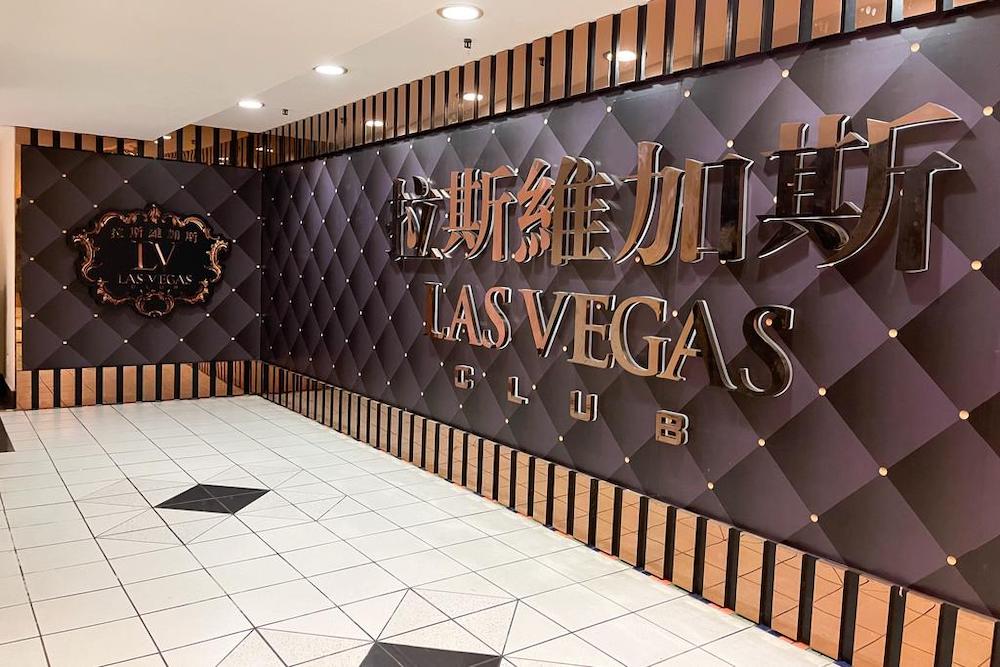SINGAPORE, July 29 — The Ministry of Home Affairs (MHA) has slammed an opinion piece that was published in Japanese financial newspaper Nikkei Asia, saying it was “full of inaccuracies”. The commentary had criticised Singapore’s law enforcement agencies for their “failure” to clamp down on vice activities at karaoke television (KTV) lounges, the source of an ongoing Covid-19 cluster.
The piece, titled “The institutional failures behind Singapore’s latest Covid outbreak”, was published on July 23.
Written by Andy Wong, who was described as a “political and business intelligence analyst based in Singapore”, it charged that these KTV lounges — the source of an ongoing Covid-19 cluster — are fronts for money laundering and “illegal brothels” run by organised crime groups.
In a response to Nikkei Asia, which was sent to the media on Wednesday (July 28), Sam Tee, who is senior director of joint operations at MHA, said that this was false.
He said that Singapore is one of the least likely places in the world for organised crime syndicates to run vice operations, as there are laws against organised crime, money laundering and human trafficking.
While the Government is aware that sex workers visit these KTV lounges to get patrons, it cannot prevent people from meeting in such places, Tee said.
However, any sexual activity would be a breach of licencing conditions.
Tee added that the police checked about 3,000 nightlife venues between 2018 and 2020, and arrested more than 1,000 people.
He also said that entry into Singapore for the purposes of sex work is not allowed.
While immigration personnel do turn away “dubious travellers”, he said that there is no fool-proof way of determining who are sex workers up front.
Wong had also alleged that KTV lounges were allowed to reopen “without explanation”.
Since nightlife businesses have not been allowed to operate since March last year, thereby causing many livelihoods to be at risk, the Government started a scheme of allowing some to reopen as F&B businesses, Tee pointed out.
The Government explained the considerations in Parliament and also made public statements in November last year.
Addressing the newspaper, Tee said: “Your correspondent made sweeping statements, without basic checks”.
He also rebutted Wong’s claim that the Government “belatedly increased punitive raids” after the Covid-19 outbreak at KTV clubs, pointing out that the police have conducted more than 200 operations since October last year.
Tee also took issue with Wong’s claim that a category under the Familial Ties Lane scheme, which allowed Singaporeans to sponsor their foreign boyfriends or girlfriends to enter Singapore, was removed abruptly without explanation.
Tee said that the authorities had already explained their reasons on July 16 and July 20.
The boyfriend/girlfriend category was introduced in October last year as the Immigration and Checkpoints Authority had received many appeals from Singaporeans to allow them to be reunited with their foreign partners.
It was removed in March this year as it was being abused, Minister of Home Affairs K Shanmugam explained in Parliament on Monday.
Referencing what he described as “quite an unbalanced” article by Nikkei Asia, Shanmugam also said that the authorities were “neither in cahoots with the KTV operators nor are we as naive as some suggest”.
In his response, Tee from MHA also said that the KTV cluster has been “swiftly contained”, with about five new Covid-19 cases linked to it each day between July 22 and 26.
He also repeated what the authorities had said earlier, that the returning of safe distancing regulations to Phase 2 (heightened alert) was because of the cluster at Jurong Fishery Port, which had affected many fresh food markets around the island.
“Your correspondent’s stance appears to be based on a stern disapproval of illegal sexual activity. We commend his high moral expectations. But his comments on public policies need to be based on facts, not imagined realities,” Tee said.
When contacted, Wong declined to comment.
The Straits Times said that Wong was also one of four men who were charged in court on Wednesday morning over their alleged roles in a sex-themed chat group on messaging application Telegram. — TODAY






















